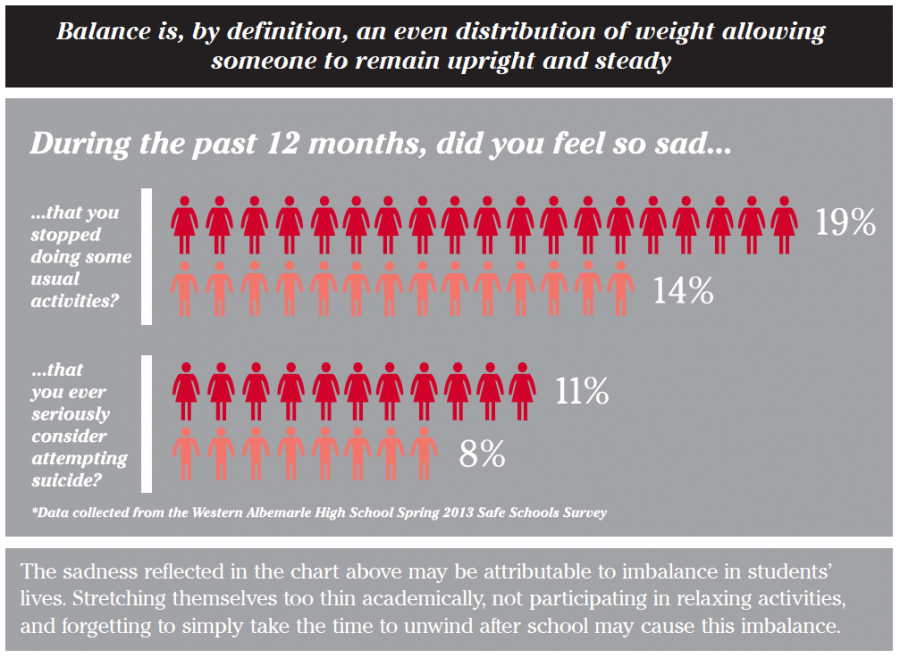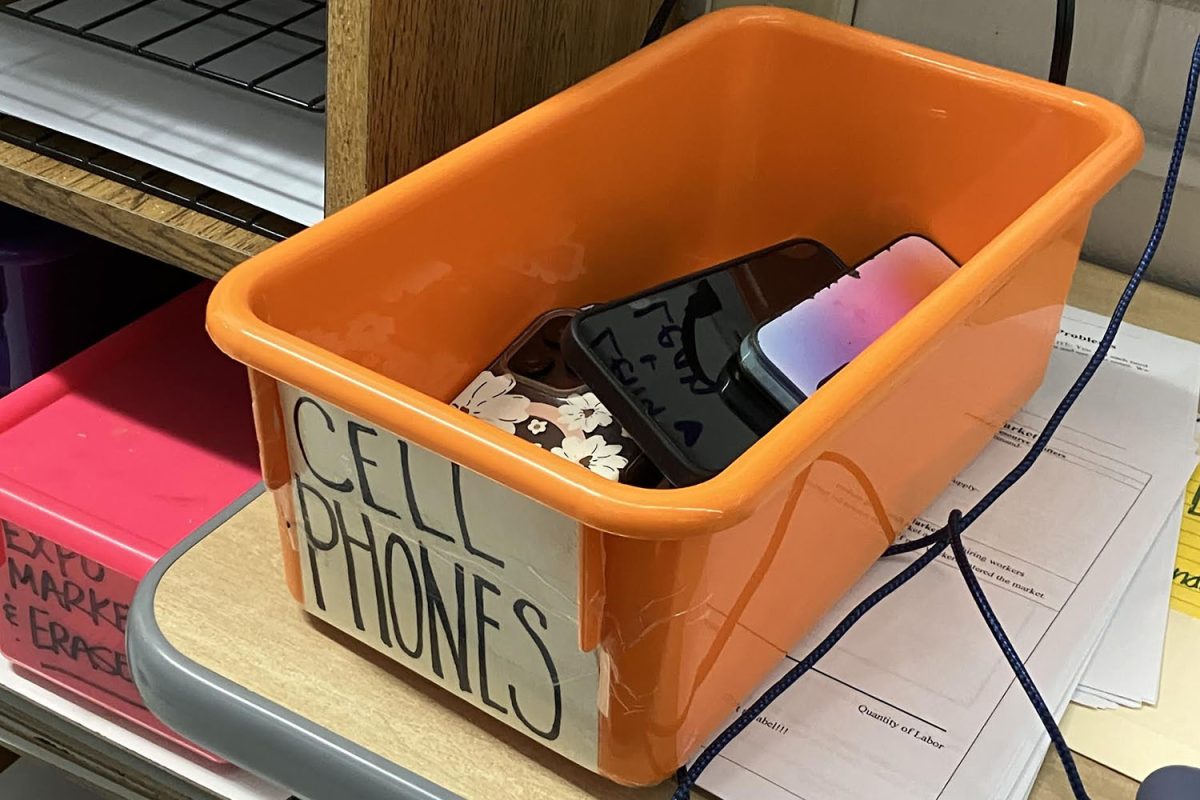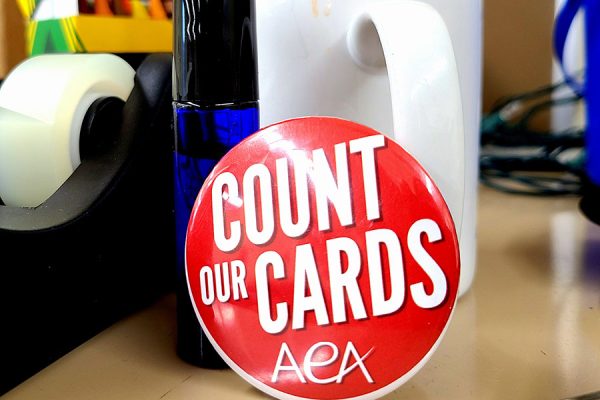Six Strategies for Stress Management
January 7, 2015
Despite efforts to encourage balance between academics and personal lives of students, the reality is that a lack of balance exists in our schools. In 2009, the American Psychological Association found that 45 percent of teens are stressed by school pressures. Moreover, according to a 2013 NPR poll, 40 percent of parents say that school causes excessive amounts of stress for their children.
If students aren’t finding balance, how can they effectively cope with their stress? Here are six tips for stress management.
1. Get more exercise
Going for a jog or taking up a sport has numerous mental health benefits. Physical activity releases endorphins, which are neurotransmitters that relax the body and ward off anxiety. Exercise also boosts energy levels and self-esteem. Feeling stressed? Take a 10 minute walk and you’ll probably feel better.
2. Master the power nap
If you come home from school and find yourself needing a nap, take it. You will wake up feeling rejuvenated and more alert. Dr. Sara Mednick at the Salk Institute for Biological Studies found that naps can increase brain activity throughout the day and improve the speed, accuracy, and learning of mental processes. It is important to remember, however, that sleep occurs in cycles, and if you sleep for too long, you can wake up with sleep inertia. Keep the nap to 20 minutes for best results.
3. Eat healthier
Stress can cause increased blood pressure over long periods of time, which in turn can cause heart problems and strokes. Eat potassium-rich foods like potatoes, avocados, and bananas to lower your blood pressure and protect your body. Stress also places pressure on your immune system, which can be bolstered with probiotic yogurt, antioxidant-filled apples, and fibrous grains, like oats.
4. Reorganize Yourself
Heavy backpacks and piles of crumpled paper are a literal burden on the shoulders of high schoolers, but they don’t have to be. “Being organized is probably the best stress-relief when it comes to school work,” says Kate Innes, social studies teacher. Innes recommends “finding the system of organization that works best for you.” Tips include sorting papers into folders, using sticky notes to label papers, and requesting a textbook for in-class use, so that you don’t have to carry a book with you to school every day. “If you’re done with a semester of school work, take that semester out of your notebook and place it in a folder in your bedroom for papers so that you can keep your binders lighter, and then at the end of the year, you can recycle, or you can choose to keep, based on if you are choosing to move on in that subject area,” Innes adds.
5. Treat Yourself
There is certainly something beneficial about treating yourself. A 2007 Harvard study found that “emotional vitality—a sense of enthusiasm, of hopefulness, of engagement in life, and the ability to face life’s stresses with emotional balance—appears to reduce the risk of coronary heart disease.” So if you want to play a video game, indulge in some chocolate, or make a Chipotle run, go for it. Having fun is a satisfying stress-reducer. WAHS nurse Christine Stutsman says that “it’s important to have fun because you need downtime and not worrying about school and studies and the future.”
6. Breathe!
You take 23,040 breaths a day, but how often do you pause to think about any of those breaths? We often breathe shallowly, meaning that our lungs don’t get their full share of the air around us, which in turn, leads to anxiety and shortness of breath. A full breath completely fills your lungs with oxygen and causes your lower belly to rise. Full breaths calm the body and lower blood pressure.
Take a minute or two and try this technique: find a quiet space and close your eyes. In your head, say, “I am relaxing.” As you say this, breathe in through your nose. You should notice that your stomach rises. When you finish the phrase, take a short pause and then slowly exhale through your mouth. Repeat several times and open your eyes. You should feel calmer and clear-headed.
























